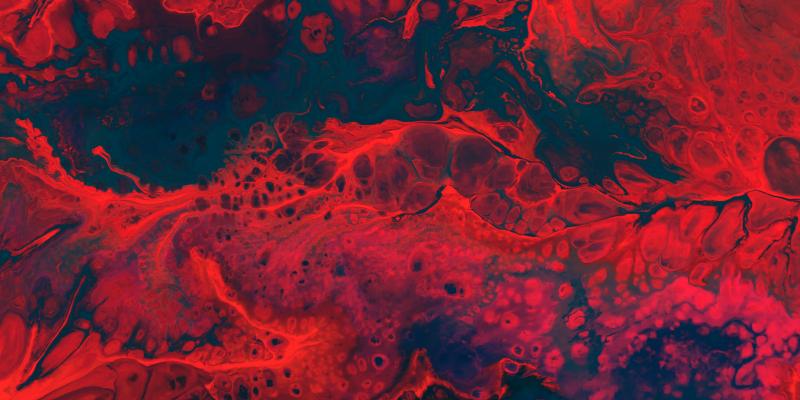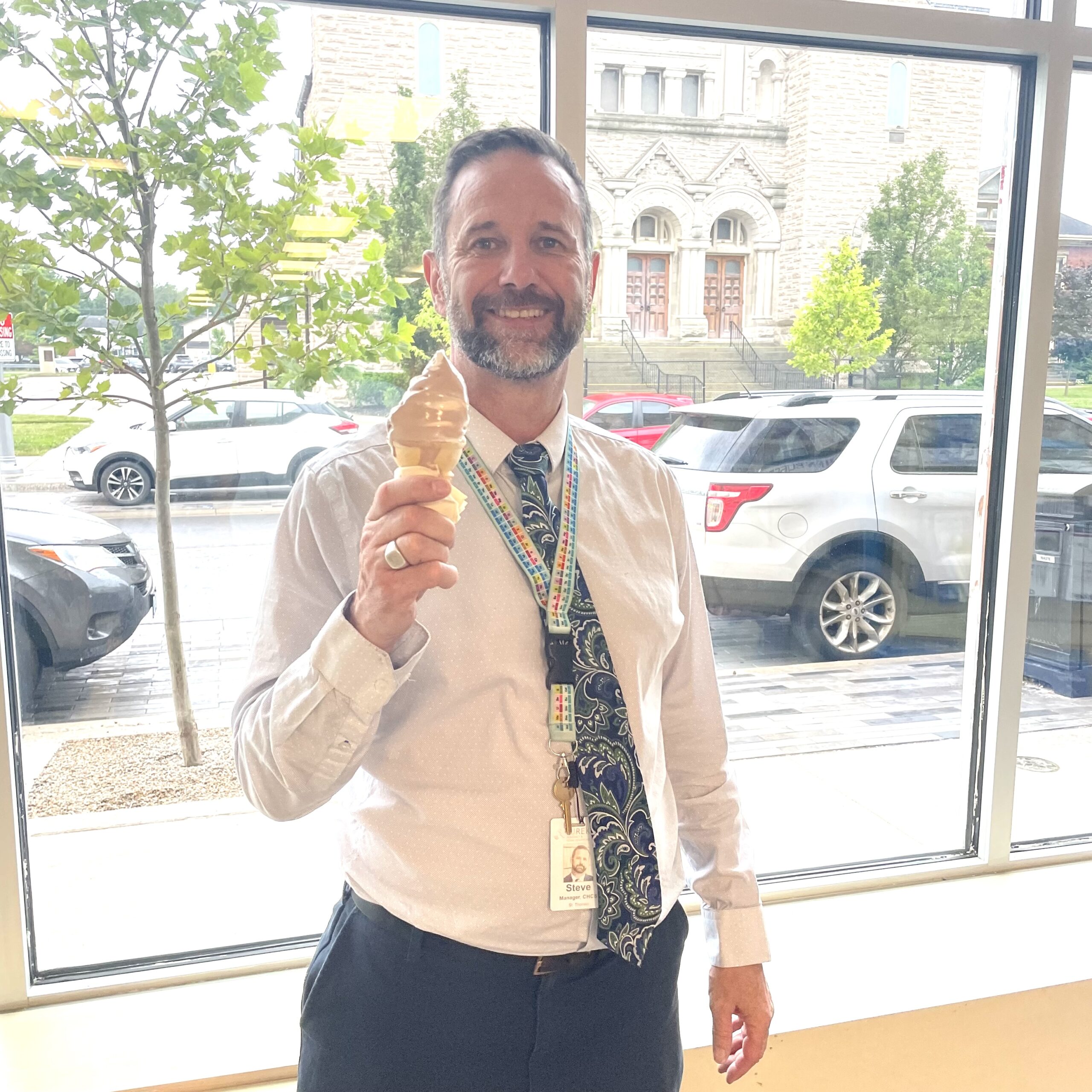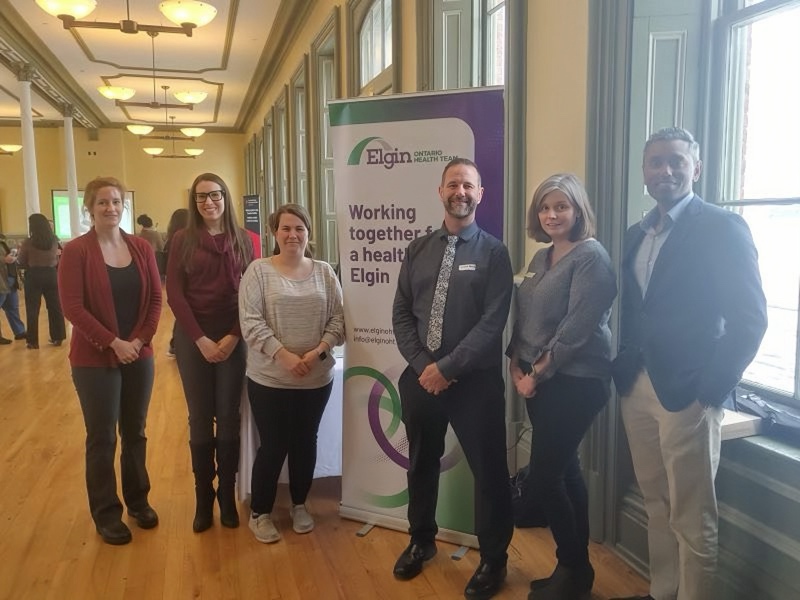One of the nice things about being a community pharmacist — and writing for local media — is that I often receive feedback from patients and even suggestions on topics. Recently, a patient told me about his relative who has thalassemia minor and asked if I would write about it.
Thalassemia (pronounced “thal-uh-SEE-mee-uh”) is a group of inherited blood disorders where the body cannot produce hemoglobin properly. Hemoglobin is a protein in our red blood cells which allows us to carry oxygen from our lungs to the body tissues and return carbon dioxide to the lungs. Red cells with abnormal hemoglobin are destroyed more rapidly in the body, leading to anemia.
There are two general forms of thalassemia: Alpha and Beta (named after which protein is affected). Within these two types, we often use terms like minor (mild), intermedia (moderate) and major (severe) to describe the severity of the disease. Since this is an inherited condition, it comes from your parents’ genes. Patients who have a thalassemia mutation only in one gene are known as carriers or are said to have thalassemia minor. Thalassemia minor results in no anemia or very slight anemia. Thalassemia major is more serious, and the person will require regular blood transfusions and ongoing medical care.
The only risk factor for thalassemia is in your genes. That is, passed on to you from your parents. Symptoms vary on the form. In mild thalassemia, there may be little to no symptoms.
Moderate to severe disease can cause anemia causing a person to feel tired or short of breath. Children with severe thalassemia may grow slowly, have problems with feeding and diarrhea and frequent fevers.
Treatment naturally depends on the severity of the disease. Moderate and severe thalassemia often require blood transfusions and folic acid (a b-vitamin that helps to form blood cells). Sometimes a person accumulates too much iron and chelation therapy is required to prevent organ damage. Other things that are recommended are pneumococcal and influenza vaccines to prevent infections that can make things worse.
I hope this answers a few questions, and I always appreciate feedback or suggestions for articles. Take care of yourselves and each other.








